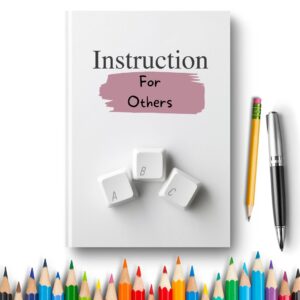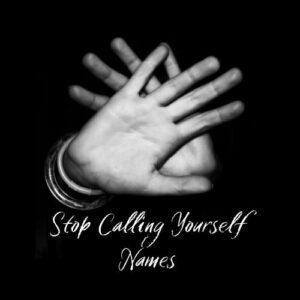Do you have a difficult time making decisions? If so, you probably also believe in right and wrong decisions. But what if there’s no such thing? How do you know when a decision is right or wrong?
The brain loves to put things in black and white, to see things as right or wrong, good or bad, but when zoomed out this false dichotomy falls apart. Meaning that there are no objectively right or wrong decisions; good and bad are interpretations made by our minds through our thoughts. When removed, decisions can be made based on the awareness and information available at the time.
The only way you know if you made the right decision is by deciding it was the right decision right after you make it. In other words, effective decision-making involves not only a primary decision but a secondary one about the decision you made. First, you make a decision and then you make that decision right. This is a skill that does not come naturally and takes practice but the more you apply this approach the better you get at decision-making.
Decision Strategy #1: Instead of trying to make a right decision, go all-in on a decision and then commit to making that decision right.
Self-doubt and chronic dissatisfaction are the price for believing in right and wrong decisions. When you make a decision or are forced into one with this mental framework you’ll find yourself second-guessing; vacillating between trying to seek evidence to convince yourself you made the right decision and doubting you did. You’ll look to the world to validate the rightness of your decision. But the world is terrible at reassuring us we made a good decision; ultimately that’s our job. This stressful pattern traps us in a retroactive thought error loop called the Resulting Fallacy.
“Resulting” is a logical fallacy where we evaluate the quality of our decisions based on the outcome they achieve. In other words:
- If we got the result we wanted, we assume it must be because we did something right
- If we didn’t get the result we wanted, we assume it must be because we did something wrong.
The resulting fallacy is bad because it prevents us from properly evaluating whether we’re making good decisions. Sometimes we win or lose by factors we can’t control, regardless of the decision we made. For these reasons, we need to understand that our results alone don’t tell us whether we’re good at making good decisions.(https://
A common way of coping with the fear of making a wrong decision is by not making one. Putting decisions off in this way can offer short-term relief but keeps us stuck in the passenger seat of our own lives; abdicating responsibility, denying our power, and undermining our capability in the long run.
Decision Strategy #2: If you could be happy no matter what you decided, which decision would you make? What if both decisions lead you to an amazing life?
For every decision, there will be some good & some bad and this is determined not by your outcomes but by your thoughts. So if decisions are both good & bad, that means they’re also neither good nor bad, which makes every decision essentially neutral. Based on this, your experience of a decision is not about the decision itself, but how you think about it and how you show up in the execution of it.
Decision Strategy #3: Decide ahead of time that no matter what you decide or how the outcome may appear bad or wrong you will look for and find the good in whatever decision you made.
Decisions are how we take care of or neglect our future selves. We have the ability as humans to plan for the future, and this means we can choose ahead of time how we’re going to treat ourselves on the other side of a decision. We do not have to stay paralyzed in confusion and indecision to avoid the wrath of our future selves. You are capable of deciding now how you’re going to handle the outcome of any decision so use this power in a way that serves you. Making decisions helps us grow and evolve, it gives us strength and agency but only if you take control where you have it and give up blaming yourself for outcomes you can’t control or predict.



